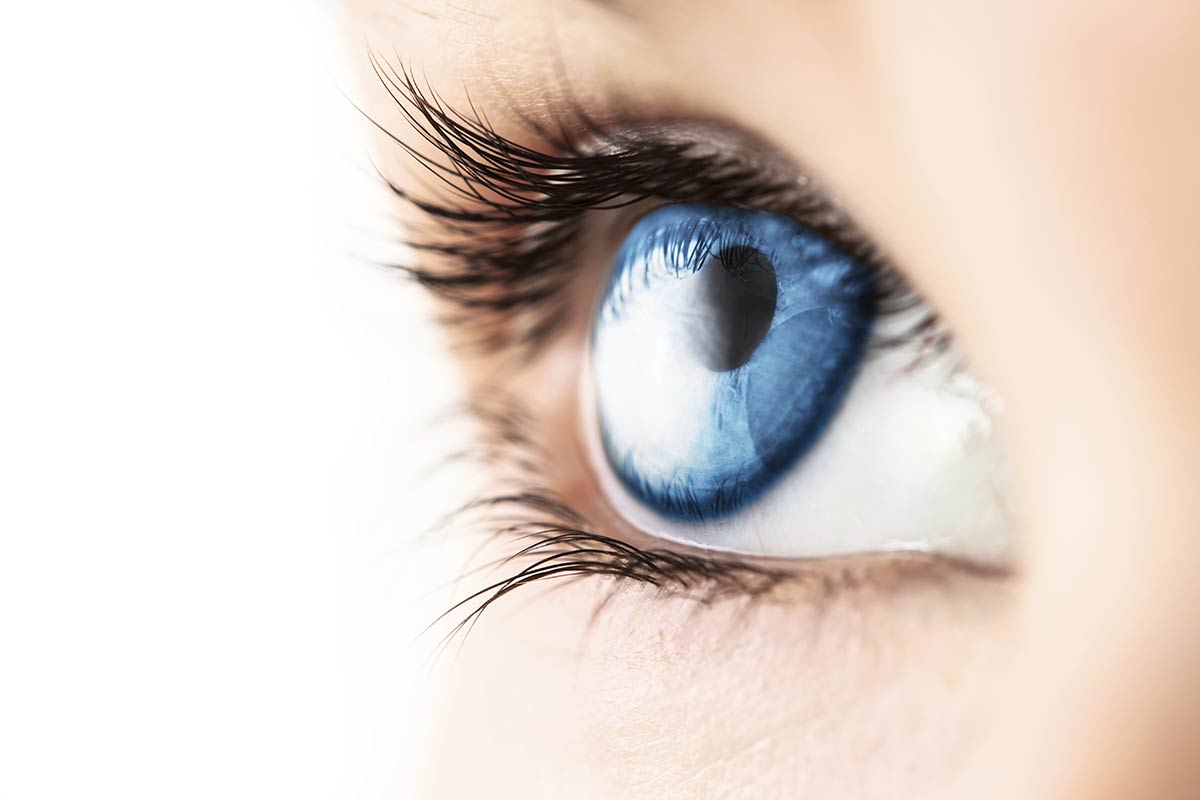Slowing Progression of Nearsightedness in Kids

The University of Houston is part of a National Institutes of Health (NIH) study to determine whether commercially available, soft bifocal contact lenses slow the progression of nearsightedness in children. Investigators at the Colleges of Optometry at both UH and The Ohio State University were awarded grants from the NIH’s National Eye Institute, worth approximately $7.5 million. The Bifocal Lenses In Nearsighted Kids (BLINK) Study is a multicenter randomized clinical trial that will follow nearly 300 children over the course of three years. Dr. David A. Berntsen, an assistant professor in the UH College of Optometry, is the principal investigator for the UH clinical site of this collaborative effort.
Children 7 to 11 years old will be enrolled and randomly assigned to wear soft contact lenses with no reading power, soft contact lenses with medium reading power or soft contact lenses with high reading power. The investigators will measure the length of the eye and the amount of nearsightedness to determine whether light focused by the reading power of the soft bifocal contact lenses in front of the retina will result in slower eye growth and, thus, slower progression of nearsightedness.
“This study will determine whether soft bifocal contact lenses can be used to slow how quickly a child’s nearsightedness increases,” Berntsen said. “If we find that soft bifocal contact lenses are effective, then the information we learn from this study will aid in optimizing future lens designs to slow eye growth and the progression of nearsightedness in children.”
Next Story:
Recycling Waste Heat Into Energy
University of Houston researchers have created a new thermoelectric material with greater efficiency and higher output power than currently available materials …